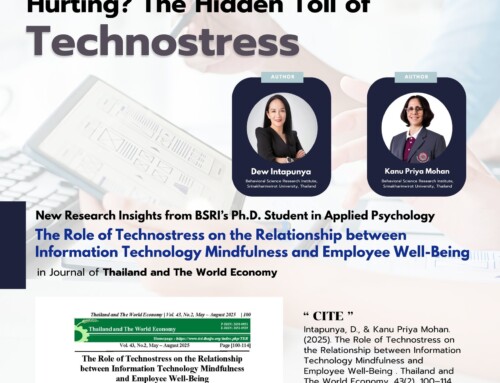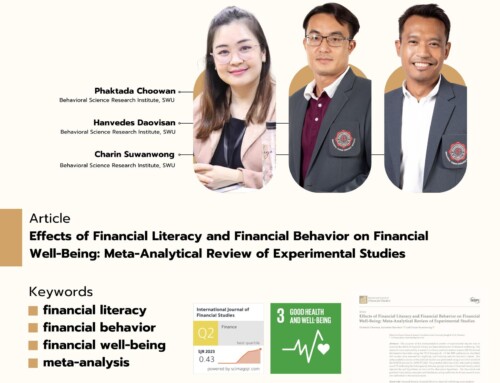[𝑩𝑺𝑹𝑰 𝑺𝒉𝒐𝒘 𝒄𝒂𝒔𝒆]

This study systematically reviewed existing literature to explore the key factors influencing individual investors’ stock market decisions during the COVID-19 pandemic. Drawing from five relevant studies across different countries, the researchers identified that investor behavior was shaped by both environmental and psychological variables. Environmental factors included the number of COVID-19 cases and the amount of time investors spent engaging with stock markets, while psychological factors involved expectations of pandemic risk and a range of cognitive biases.

The analysis revealed that investors responded differently to pandemic-related uncertainty depending on their perceptions and internal beliefs. Some saw the crisis as an opportunity, while others hesitated due to fear of economic collapse. Key psychological biases influencing investment decisions included anchoring, representativeness, herding, hindsight bias, overconfidence, and self-attribution. These biases led investors to rely on familiar patterns, peer behavior, and overestimated personal judgment when making stock investment decisions in a volatile market.

Ultimately, the study emphasized that understanding these influencing factors is crucial not only for investors but also for policymakers and financial institutions. By recognizing the environmental cues and psychological triggers that affect decision-making, stakeholders can design better strategies, policies, and educational tools to support more rational investment behavior in times of uncertainty. The findings also serve as a foundation for future research into post-pandemic investor behavior and financial decision-making under ambiguity.
Intarawanich, J., Kanu Priya Mohan, & Sombatwattana, P. (2025). What Influenced Stock Investment Decision During the COVID-19 Pandemic? Environment, Expectations, and Biases: A Systematic Review. Thailand and The World Economy, 43(2), 22–43. https://so05.tci-thaijo.org/index.php/TER/article/view/266893





